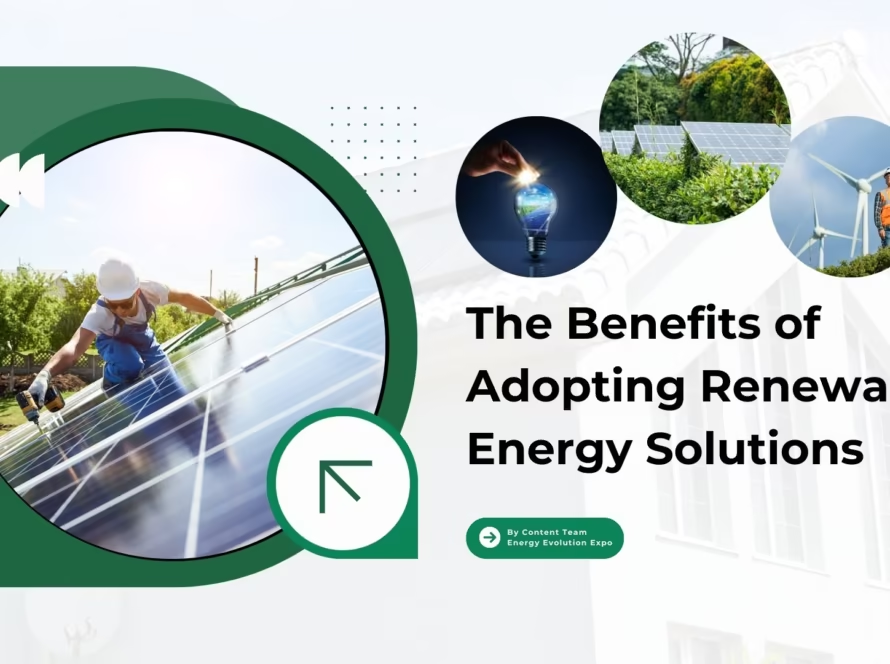As the world accelerates toward cleaner energy solutions, innovative technologies like modular ocean energy and microturbines are emerging as powerful contributors to the future of renewable energy. These technologies offer promising ways to produce sustainable electricity while helping to stabilize the energy grid and support the global transition away from fossil fuels.
Modular Ocean Energy: Harnessing the Power of the Seas
Ocean energy technologies generate electricity from the natural power of tides, waves, and temperature differences in the sea. Unlike solar and wind energy, ocean energy provides a more predictable and steady source of power. For instance, tidal energy is completely predictable, as tides follow the gravitational forces of the moon and sun, offering a reliable supply of electricity. Wave energy keeps producing even when the wind stops blowing, and ocean thermal energy conversion uses the temperature difference between warm surface water and cold deep water to create power.
Modular ocean energy systems are designed as smaller, scalable units that can be easily deployed and combined to meet varying energy needs. This flexibility allows for wider application, from powering small coastal communities to supporting large grid systems. In Europe, ocean energy is gaining strong support as a key innovative renewable resource, with several countries investing in tidal and wave energy projects. These technologies can provide about 10% of Europe’s electricity needs by 2050, contributing significantly to energy security and emission reductions.
One major benefit of ocean energy is its complementarity with other renewables. Since Ocean energy reliably generates electricity during periods when solar and wind outputs decline, such as winter or calm weather, making it a valuable tool for grid stability and reducing fossil fuel dependence. Governments are encouraged to support ocean energy deployment through targeted policies and funding mechanisms, such as contracts for difference, which have successfully scaled wind and solar energy.
Microturbine Technologies: Small but Mighty Energy Solutions
Microturbines are compact power generators that convert various energy sources into electricity with high efficiency. They can run on natural gas, biogas, or hydrogen, making them versatile options for both clean energy production and backup power. Microturbines are gaining ground in distributed energy systems, where electricity is produced close to demand centers, improving efficiency and resilience.
These small turbines offer many advantages: they are easy to install, have low emissions, and require minimal maintenance. Their modular nature allows them to be grouped for larger power outputs or tailored for specific local energy demands. In sustainable energy systems, microturbines provide reliable electricity and heat in combined heat and power (CHP) applications, improving overall energy efficiency.
The Future of Renewable Energy Integration
Both modular ocean energy and microturbine technologies represent innovative pathways to a renewable energy future that is cleaner, more reliable, and diversified. Ocean energy’s predictability helps address the intermittency challenges faced by solar and wind power, while microturbines add flexibility and efficiency to distributed energy setups.
As renewable technologies advance, integration with smart grids, energy storage, and digital controls will further optimize energy use and system resilience. Artificial intelligence and machine learning are also playing growing roles in forecasting energy production and balancing supply and demand in real time.
Energy Evolution Award & Conference 2026
The Energy Evolution Award & Conference 2026 will spotlight emerging renewable technologies, bringing together industry leaders, policymakers, and researchers to explore advances in clean energy. The event will feature presentations on ocean energy, microturbines, and other innovative solutions, celebrating success stories and fostering collaboration to accelerate the global deployment of sustainable energy systems.
Conclusion
The future of renewable energy is bright with the growth of modular ocean energy and microturbine technologies. These solutions offer reliable, flexible, and efficient ways to generate clean power while complementing established sources like solar and wind. Supported by innovative policies and global events like the Energy Evolution Award & Conference 2026, these technologies will play critical roles in achieving a sustainable energy future and combating climate change.By embracing such innovative renewable energy options, societies can transition to a cleaner, greener, and more energy-secure world for generations to come.
Reference
Science Direct: Trends and advances in micro gas turbine technology for sustainable energy solutions: A detailed review



